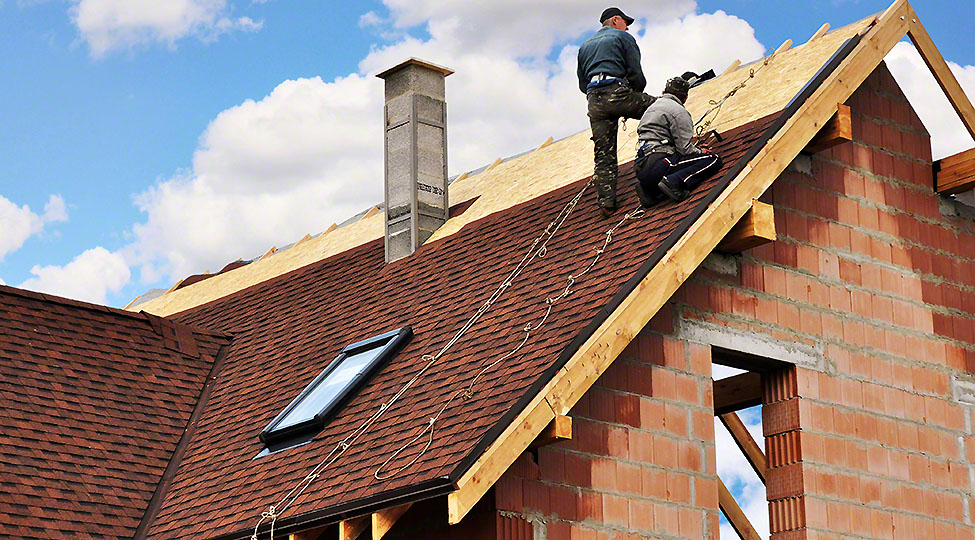RV living is a dream for some. However, sometimes while you are traveling and having the best days of your life, it might seem as if you are living in a greenhouse. The sun shoots down through every window and makes living inside unbearable. Therefore, auto glass tinting becomes necessary. In this blog, we are going to share everything you need to know when it comes to tinting your RV.
What Are The Benefits Of RV Window Tinting?
RV window tinting offers several benefits. To begin with, it provides insulation. What this means is that a window tint film can block as much as 70% of the infrared heat that comes through the glass. Once the window tints have been installed, the RV owners will observe that their vehicle has become cooler and will utilize relatively less energy to increase the temperature inside. On the other hand, window tints during the cold season prevent the heat from escaping, reducing the need for consuming excess electricity.
Another important benefit of RV window tinting is that it provides privacy. Since RVs tend to contain a lot of windows as compared to normal sedans, you might want to install some tints to prevent people from peeking inside. Furthermore, it also prevents potential thieves from breaking into your vehicle while you sleep and live in it. Lastly, perhaps the most important benefit offered by window tints is that it protects the skin from sun damage and prevents glare while driving. If you are living in an area that experiences extremely blazing sun, you might want to get some tints installed.
Types of RV Glass Tinting Films
Dyed Window Film
Dyed Window Film tends to be the least expensive and least functional amongst all the window tint film types. It basically includes a dye layer next to the adhesive. The dye is designed to block the UV rays and deflect the heat away from the interior while being bonded with a UV blocking layer. Dyed Window Films are mainly popular because they provide an excellent vision from the inside but blocks views from the outside.
Metalized Window Film
Metalized Window Film features tiny metal particles embedded in the tints during the manufacturing process through sputtering. As compared to dyed window film, metalized window tint films tend to be more reflective and stronger. Moreover, these films are more resistant to scratches as well.
Carbon Window Film
The carbon window film is a relatively new addition that gives the windows an opaque, black matte appearance. Furthermore, it is excellent in terms of blocking the UV rays and heat. Since there is no metal involved like the metalized window film, it will not interfere with your electronics either.
Ceramic Window Film
Ceramic Window Films tend to be the most expensive amongst all window films. These are made from nano-particles of ceramic that are invisible to the human eye. While these films are free from dyes, metal, and carbon, etc. they appear completely clear and still offer superior protection against harmful rays and heat, etc. Moreover, the ceramic car window tint films are mostly installed in windshields as they reduce glare without reducing clarity.
Things To Consider When Installing RV Window Tints
When it comes to installing RV tints, there are several important things that need to be looked after. The first and the most important factor is the rules and regulations. You cannot install 100% dark tints and expect not to get in trouble with the law. Therefore, you will need to check the rules and regulations pertaining to auto tints first as well.
Secondly, you need to be careful about the visibility at night as well. While you might choose dark tints for your RV, the visibility at night may be close to nothing. That is why you need to stay within the limits set by the authorities to avoid accidents.
Final Word
As this blog reaches its conclusion, we are sure to have shared everything you need to know about window tints. You should always comply with the rules and regulations and opt for the best quality tints and reliable window tint shops Springfield. Your tints should not be the reason for accidents on the road and should instead protect you from sun damage and offer decent privacy.


